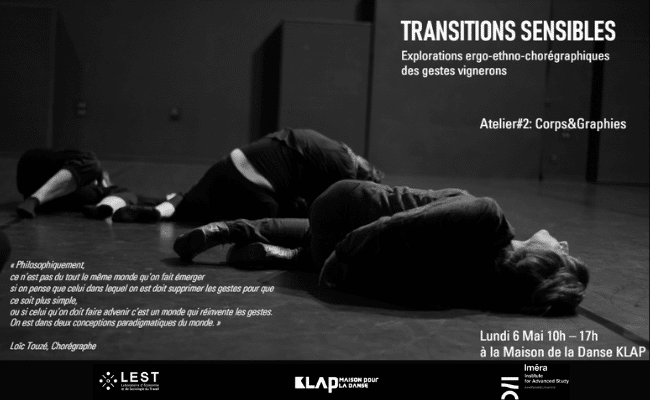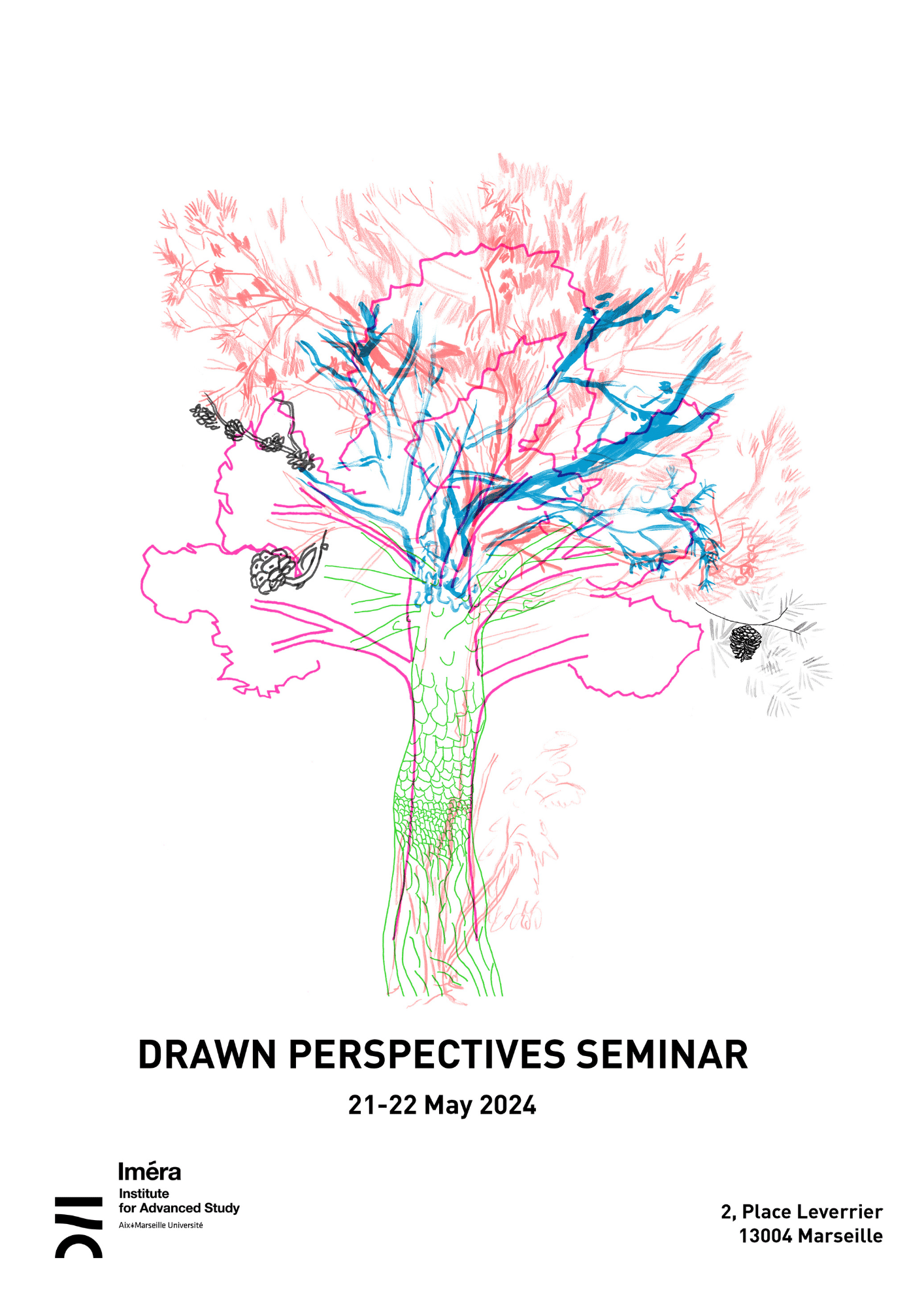Between May 23 and May 25, 2024, Raquel Bertoldo, a research fellow at Iméra as part of the research leave program open to faculty members of Aix-Marseille University, will organize a closed-door scientific retreat on the contributions of environmental psychology in a context of crises.
Event not open to the public.

ARPEnv Scientific Retreat
Ecological Transition through Psychology
From May 23 to May 25, 2024 at Iméra (2 place Leverrier, 13004)
Given the centrality of the various current ecological crises, psychologists are heavily involved in research projects and interventions concerning human-environment relationships.
Over the years, this community has responded to this challenge through different strategies and approaches. This meeting will aim to take stock of our different perspectives in order to question those that have been the most pertinent (or least) in light of environmental crises and forthcoming societal changes.
Programme
The program will be organized around plenary and parallel sessions according to the expressed interests of the participants. A survey has been launched to identify people interested in different themes.
- Wednesday, May 22 (Saint Charles) plenary session
- Thursday morning, May 23 (Iméra) parallel working sessions
- Thursday afternoon, May 24 (Iméra) parallel session
- Friday morning, May 25 (Iméra) plenary session
About the organizer
Raquel Bertoldo (HDR in psychology in 2021 at Aix-Marseille University; PhD in social psychology in 2014 at the ISCTE University Institute of Lisbon; master’s degree in environmental psychology in 2008 at Paris Descartes University; h-index: 15; citations: 791) is a social psychologist specialized in human-environment relationships, particularly concerning social knowledge, science-society dynamics, risks, and social norms.
She is a researcher in residence at Iméra (2023-24) as part of the research leave program open to faculty members of Aix-Marseille University.
Her research project at Iméra, “PARC: Local Analysis of Research Paradigms on Adaptations to Climate Change,” can be consulted on this page.



